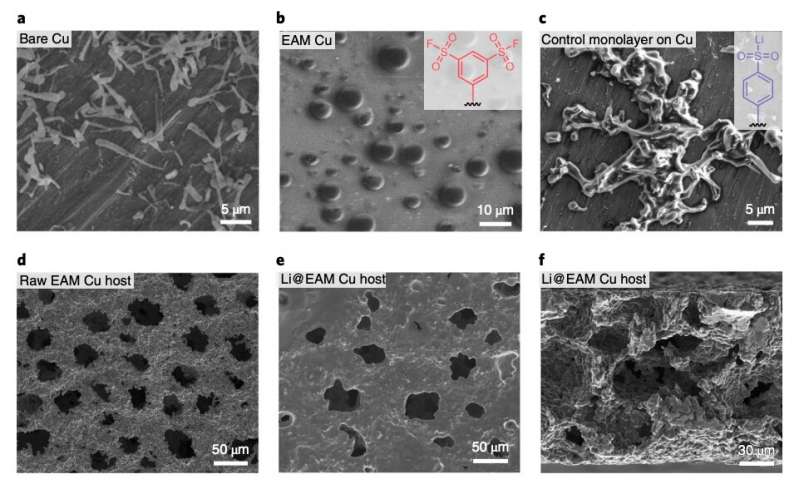Lithium metal batteries that perform well at low temperatures
29. 7. 2020 | Tech Xplore | www.techxplore.com
Lithium (Li) batteries, or lithium metal batteries, use metallic lithium as an anode. Over the past few decades, rechargeable Li batteries have been used to power a wide variety of electronic devices, including toys, portable consumer devices and electric vehicles.
While these batteries typically achieve reliable performances at room temperature, their energy efficiency, power and cycle life tend to decrease significantly at temperatures below -10 °C. The inability to function well at low temperatures is a crucial drawback, as it greatly limits their use in regions with particularly cold climates. The main reason for this limitation is that at temperatures below -10 °C the solid-electrolyte interphase (SEI) becomes unstable and leads to what is known as the dendritic Li plating of the anode in the batteries.

A team of researchers at Pennsylvania State University and Argonne National Laboratory recently introduced a new design for Li metal batteries that could overcome this well-documented drawback. The resulting batteries, presented in a paper published in Nature Energy, were found to perform remarkably well at low temperatures compared to previously developed Li batteries.
Read more at Tech Xplore
Image Credit: Pennsylvania State University
-jk-




